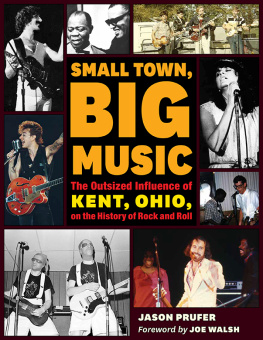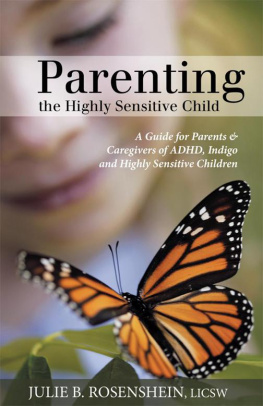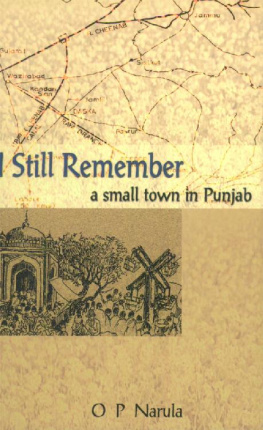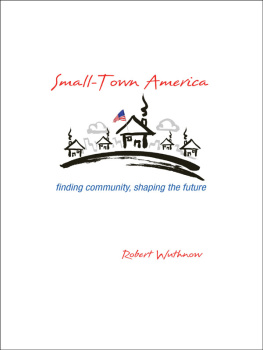News is not like sausage. People love to see how its put together. This book is the ultimate inside look at the pressures of daily decision-making at a small newspaper. It belongs on the desks of reporters and editors and is a must for news junkies.
At a time when too many publishers and editors take pains to keep tough stories out of their newspapers, Pumarlos commitment to reporting community news that makes some people in town uncomfortable pays crucial respect to journalisms mission.
This book should be on the desk of every community newspaper editor. Youll be glad you have Jim Pumarlos experienced guidance whenever you face a tough ethical decision. Should we publish this accident scene photo? Should we print the name of the local executive who committed suicide? You will feel much more confident making these decisions after reading this book.
To help you as you review or develop your policies on covering sensitive issues, Jim has included a section with sample policy language. Why reinvent the wheel when an experienced editor can guide you in your task?
Library of Congress Cataloging-in-Publication Data pending
Cover photo by Colin Beltz, used with permission of
the Red Wing Republican Eagle
Copyright 2005 Jim Pumarlo
All Rights Reserved
ISBN 0-9665176-1-X
Printed in U.S.A.
Printing 10 9 8 7 6 5 4 3 2
Marion Street Press
4326 S.E. Woodstock Blvd. # 406
Portland, Ore. 97206-6270
(503) 888-4624
http://www.marionstreetpress.com
To my parents for their support, especially my dad who challenged me to always strive for an A,
To my high school adviser, Brent Norlem, who instilled in me the spirit of journalism,
To general managers Jim Edlund and Dave Ramnes, who provided me opportunities to grow,
To attorney Mark Anfinson, a confidant who offered guidance in press law and ethics,
To my publishers Arlin Albrecht and Phil Duff, who defined the best in community journalism in this nation,
To my wife Diane, for her unending encouragement.
Introduction
Connecting with readers
O ne of the endearing characteristics of hometown journalism is that loyal readers love to hate their editor. Thats because grassroots editors have to make the call on stories that involve friends, neighbors and the person who sits across the table at Kiwanis not to mention members of their families.
As I began writing this book, I spent an afternoon reviewing various letters and files accumulated throughout my 28 years in the newspaper business, the last 22 as editor of the Red Wing Republican Eagle in Minnesota. Two stood out:
From a reporter, who ranked among the best that I had the opportunity to oversee, upon acceptance of another job: I learned about fighting hard for whats public, writing tough stories and never letting up when it comes to getting information and remaining on top of the news. I have never worked with anybody who pushes as hard as you do for the big and small information that some would keep from the public. Alot of reporters and editors talk the talk, but you walk the talk. I learned a lot watching you do that, even if it aggravated the hell out of me sometimes.
From an anonymous reader, clearly upset with newspaper coverage: I dont know any of these three people personally whose lives you have taken upon yourself to ruin. But from the people I talk to, whether they know these people or not, they have the feeling of sympathy for their very public tongue-lashing from you.Maybe you should get a job with the Enquirer or some rag like that. That seems to be where your talent and your heart lies (reporting vicious gossip). Please step aside and let a real editor print the news.
Readers send favorable letters, too. But the stack of brickbats easily dwarfs the compliments. The imbalance of comments should surprise no one who has been in the business.
Often, the responses prompted us to examine our policies in the calm that comes after the daily crush of deadlines. Reader comments provided a platform to explain the hows and whys of news decisions.
Questions raised by readers became the foundation for my weekly column an avenue to help readers better understand the dynamics of our decisions. Some columns staunchly defended our positions. Some reported adjustments in our policies. And others simply said, We goofed.
S mall-town editors routinely find themselves in no-win situations. No matter what they pursue in a news story, or write in an editorial, someone will be upset. Editors are expected to extol the virtues of their communities, so they incur the wrath of readers when they expose the warts and pimples even when that exposure is good for the community.
The strongest and most defensible newspaper decisions are those grounded in well-developed policies. At the same time, the human element cannot be overlooked. Editors should not follow policies with blinders. They also must recognize the dangerous path they walk when they make an exception.
In the end, reader comments are the most honest evaluation of our work. A newspaper void of reader interaction is a newspaper of little value.
The worst mistake an editor can make is to act like God. That happens when an editor fails to listen to his or her readers and assumes theres only one right answer to a question. This book is an attempt to explain how the editor/reader relationship is a partnership, but one in which the reader has final say.
My tenure as editor was truly an invigorating experience, due to my connection with readers. The kinship was not always rosy, however; overseeing a small-town newspaper can be a lonely job, as decisions are regularly second-guessed. The same story can energize or dismay readers, depending on their relationship to and perspective on the report.
Editors routinely hold their breath in anticipation of reader reaction following in-depth reports that culminate weeks-long investigations. Those reports are typically prepared, reviewed and scrutinized again with painstaking care.
The reality is that the everyday decisions and resulting reports in small-town newsrooms usually generate the greatest reader reaction. Why isnt a family permitted to include in a birth announcement all grandparents and brothers and sisters of the newborn? Why cant a youth sports team expect to receive the same coverage as a varsity squad? Why wont the newspaper regularly publish columns from civic clubs?
These decisions, and many others, rarely are easy. But editors will be in a stronger position with readers if their decisions are guided by policies that emphasize fairness and consistency.
This book underscores that there is a place in fact, a need for community newspapers to remain aggressive in their reporting. That is at the core of editors earning the respect of their readers. But that aggressiveness must be paired with a respect for the people being covered, and an understanding of how articles affect them.
Chapter 1
Foundation of the community press
S tar athletes expect to read their names in the local newspaper after scoring three touchdowns or making a game-winning basket. But imagine the surprise to them and their parents when the community reads about an athletes suspension for violating state high school league rules.

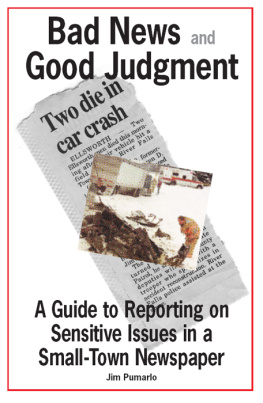

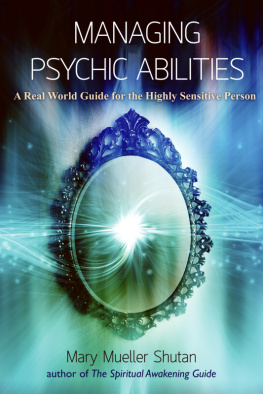
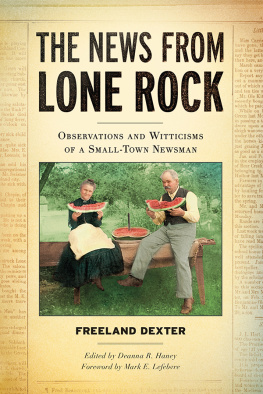
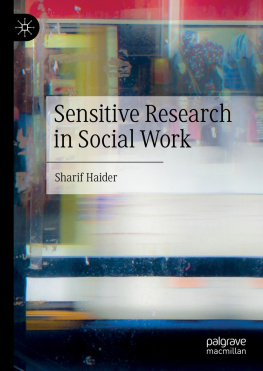
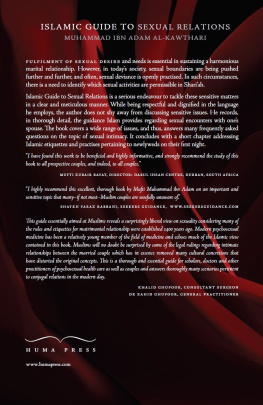
![Heitritter Lynn - Helping victims of sexual abuse: [a sensitive biblical guide for counselors, victims, and families]](/uploads/posts/book/212530/thumbs/heitritter-lynn-helping-victims-of-sexual-abuse.jpg)
